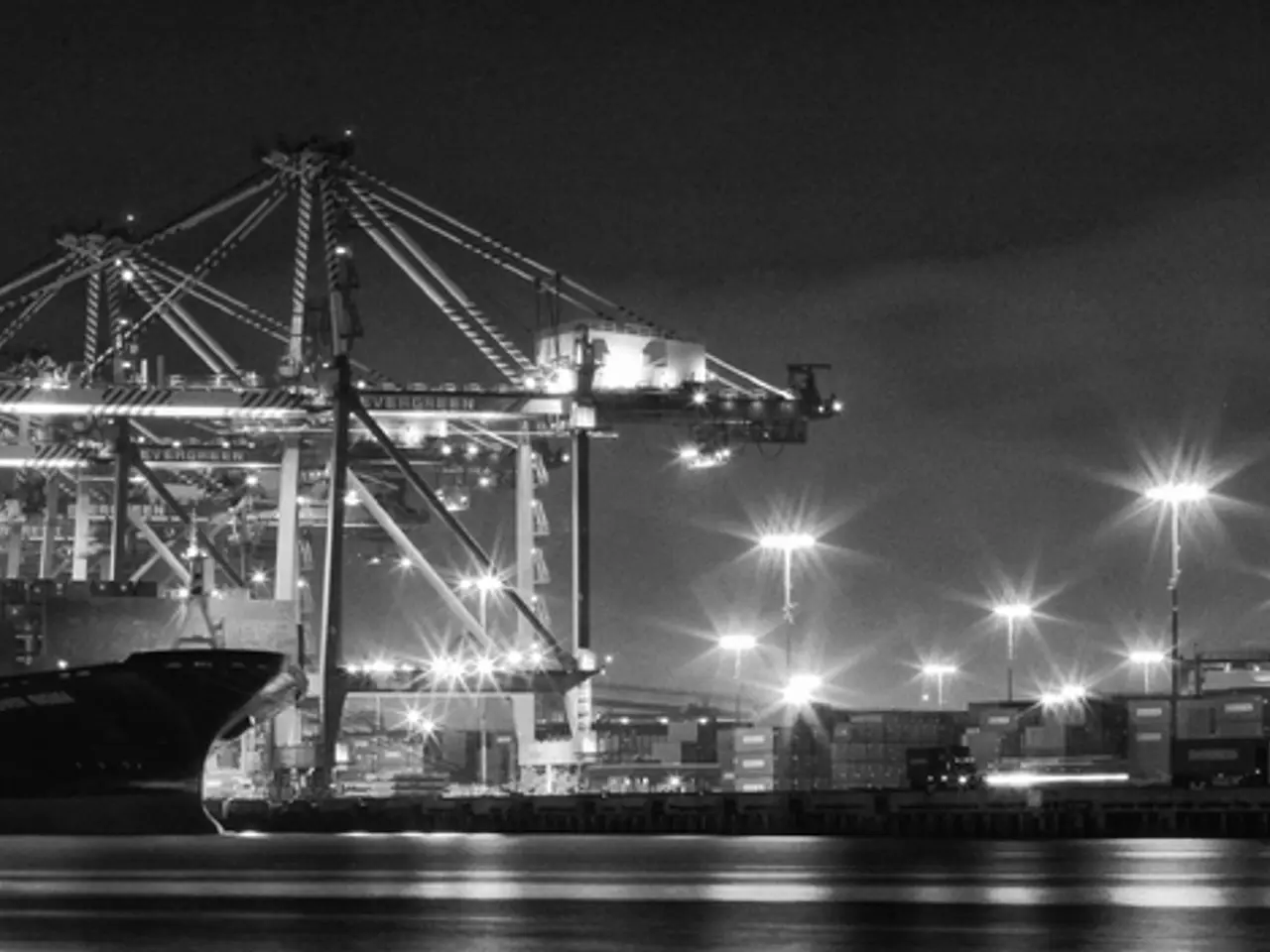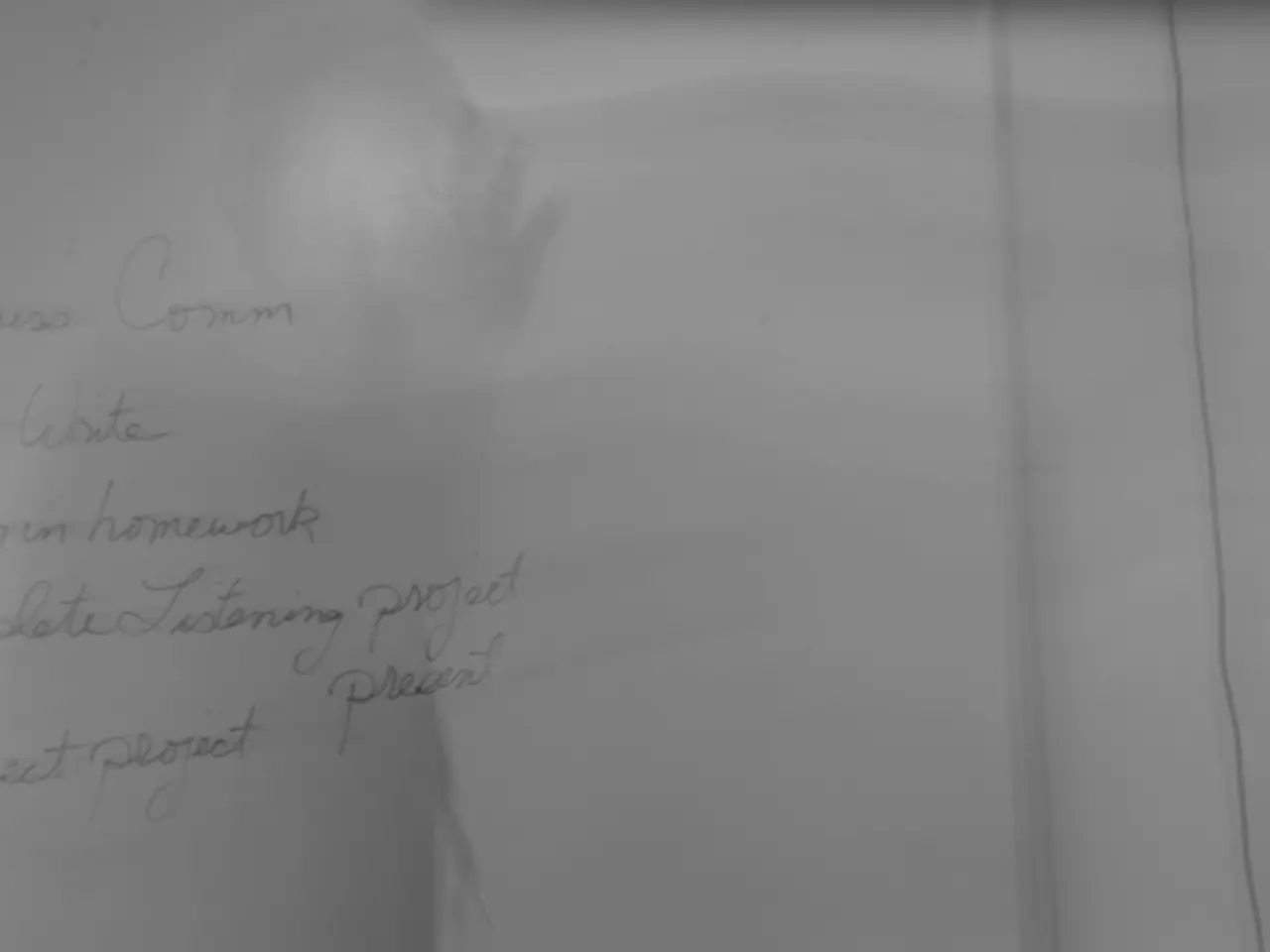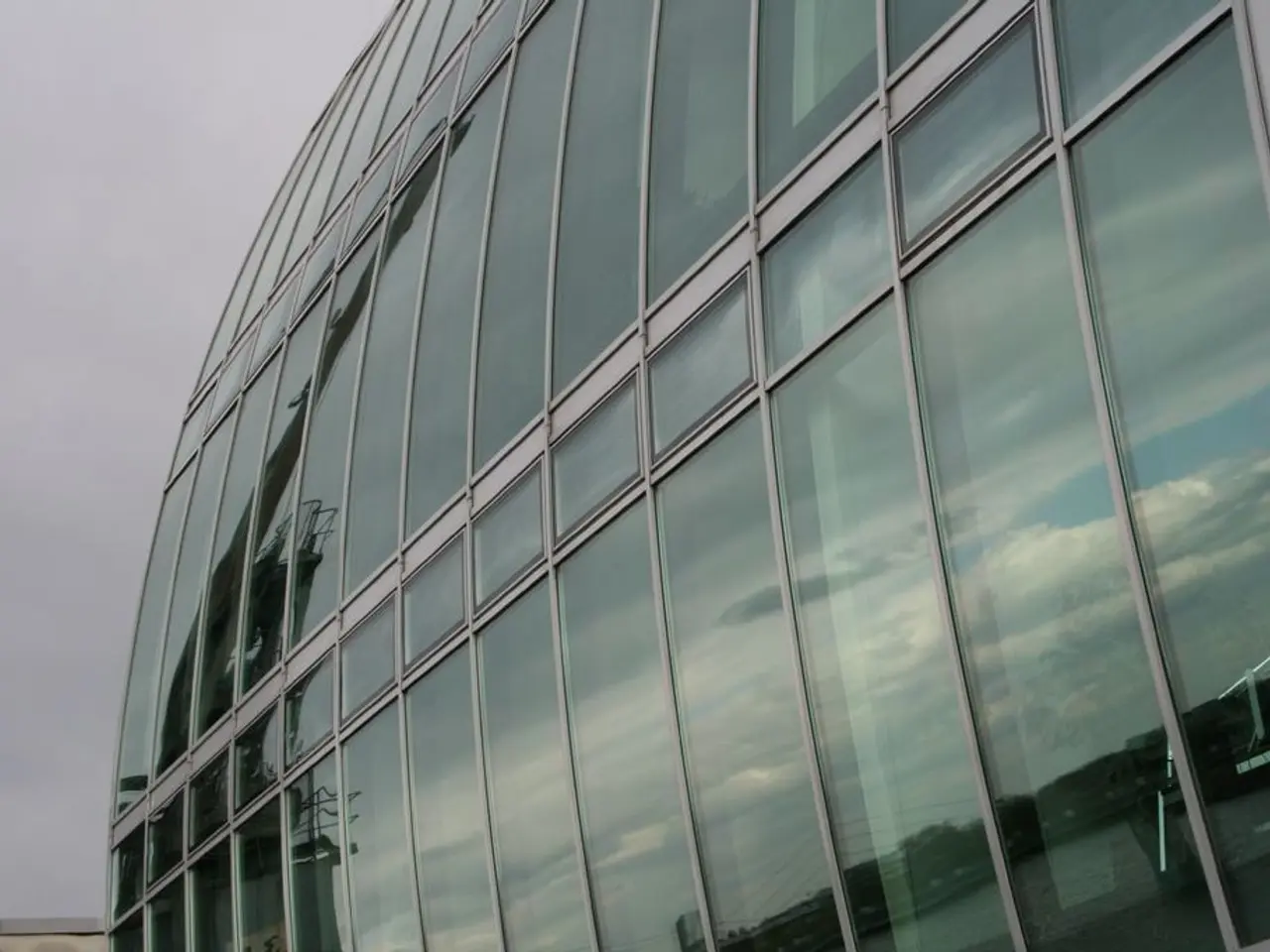Maintain steel industry at all costs, as suggested by Merz. - Steel industry's preservation: Do everything necessary
In a significant move for the German economy, Chancellor Friedrich Merz has committed to the future of the country's steel industry, emphasising its strategic importance for Germany's economic future[1]. The government's strategy revolves around preserving and modernising the steel industry, transitioning it towards a green steel industry based on hydrogen and renewable energy.
The strategy encompasses several key elements:
- Financial Support and Subsidies: The government has set aside significant funds, such as €1.3 billion, to promote hydrogen-based steelmaking, aiding companies in their transition from coal to green hydrogen produced from renewables[4].
- Carbon Contracts for Difference (CCfD): The government continues to back CCfDs to support industrial decarbonization investments and incentivize green steel technologies[3].
- National and EU-level Coordination: Rapid implementation of the European Steel and Metals Action Plan (ESMAP) is demanded to safeguard the industry, including trade defense measures to protect against global overcapacity and import pressures[2]. Negotiations with the US are ongoing to alleviate tariffs that hinder steel exports[1].
- Focus on Innovation and Clean Power: While Germany leads in policy development around clean steelmaking, progress on real large-scale green steel projects and enabling infrastructure is uneven, partially due to high hydrogen costs and policy uncertainties[3].
However, challenges remain. Despite support, major players like ArcelorMittal have temporarily halted green transition plans in Germany due to economic and practical hurdles, raising concerns about the sector’s ability to decarbonize swiftly[4].
During his inaugural visit to the Saarland, Chancellor Merz also emphasised the importance of securing quotas for steel exports without high tariffs. He visited the Helmholtz Center for Information Security (Cispa) in the Saarland, describing its research work as "world-class."
In addition, Merz expressed concern about Germany's lack of sovereignty in defense and technological developments, calling for more "technological sovereignty" for Europe. Saarland's Minister President, Anke Rehlinger, was not mentioned in relation to technological sovereignty.
Rehlinger, however, highlighted the importance of clear energy prices in Germany and a strong agreement within the federal government as important signals for the steel industry. She emphasised the need for quick clarity for steel companies when switching to the production of green steel.
Merz plans to visit all 16 state governments, with the Saarland being the third state he has visited as Chancellor. The government's steel strategy aims to ensure a sustainable future for the industry while addressing environmental concerns, a crucial step towards Germany's transition into a green economy.
- Chancellor Friedrich Merz has emphasized the strategic importance of the steel industry not only for Germany's economic future, but also for its transition towards a green economy.
- In line with the government's steel strategy, financial support and subsidies are being provided to promote hydrogen-based steelmaking, which aims to transition the industry towards a green steel industry.
- The government's strategy encompasses the use of green energy, particularly hydrogen, as a key element to modernize and preserve the steel industry, in alignment with the goals of the general-news and politics industry.




